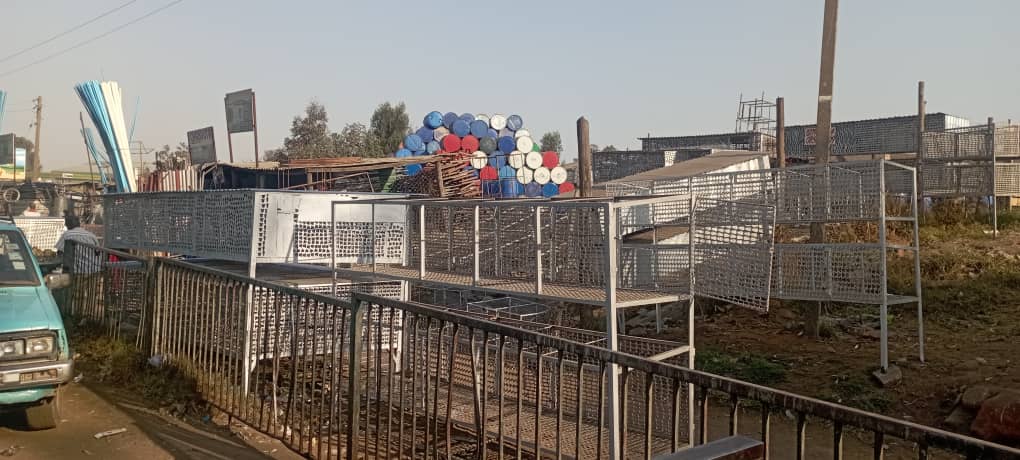
By Donald Chakamanga
The Ministry of Skills Audit and Development this Tuesday convened a crucial provincial stakeholders consultation meeting at a local hotel in Harare aimed to outline its role and mandate in driving Zimbabwe’s socio-economic growth.
The meeting attracted a diverse group of stakeholders, including academics, civil servants, captains of industry, and representatives from the informal sector.
In her keynote address, Secretary for Skills Audit and Development, Ambassador Rudo Mabel Chitiga provided a detailed overview of the Ministry’s objectives, emphasizing its commitment to becoming a consistently high-performing entity.
She articulated that the Ministry’s primary goal is to drive Zimbabwe’s socio-economic transformation in alignment with Vision 2030. She added that key areas of focus included equipping the workforce with relevant skills and aligning new skills with the demands of the digital era.
Amb Chitiga highlighted a pressing issue in the employment sector, where many employers prioritize certificates over actual skills during recruitment. She stressed the necessity of shifting this mindset to cultivate a more competent and productive workforce.
She also called for the retooling and modernization of vocational training centers, pointing out that outdated equipment hampers the development of a skilled labor force.
“The Ministry plans to conduct comprehensive skills audits to identify shortages in technical and scientific skills crucial for economic development,” she said.

She emphasized the importance of these audits in designing targeted training programs aimed at bridging the skills gap.
Furthermore, she mentioned that her Ministry is dedicated to implementing initiatives that ensure training institutions produce professionals equipped with both hard and soft skills.
Amb Chitiga underscored the importance of developing soft skills and positive attitudes necessary for achieving Vision 2030 and beyond.
She listed essential soft skills such as leadership, entrepreneurship, critical thinking, problem-solving, strategic planning, project management, negotiation, investment and deal-making, financial literacy, digital skills, and a culture of excellence and hard, honest work.
Participants at the meeting praised the government for establishing the Ministry, recognizing its potential to trigger skills retention and foster economic growth.
A notable discussion point was the informal sector, particularly SIYASO Magaba, described as a hub of raw skills where individuals thrive without formal qualifications.
There was a strong call for vocational training centers to engage with such hubs to offer professional knowledge and enhance value addition.

